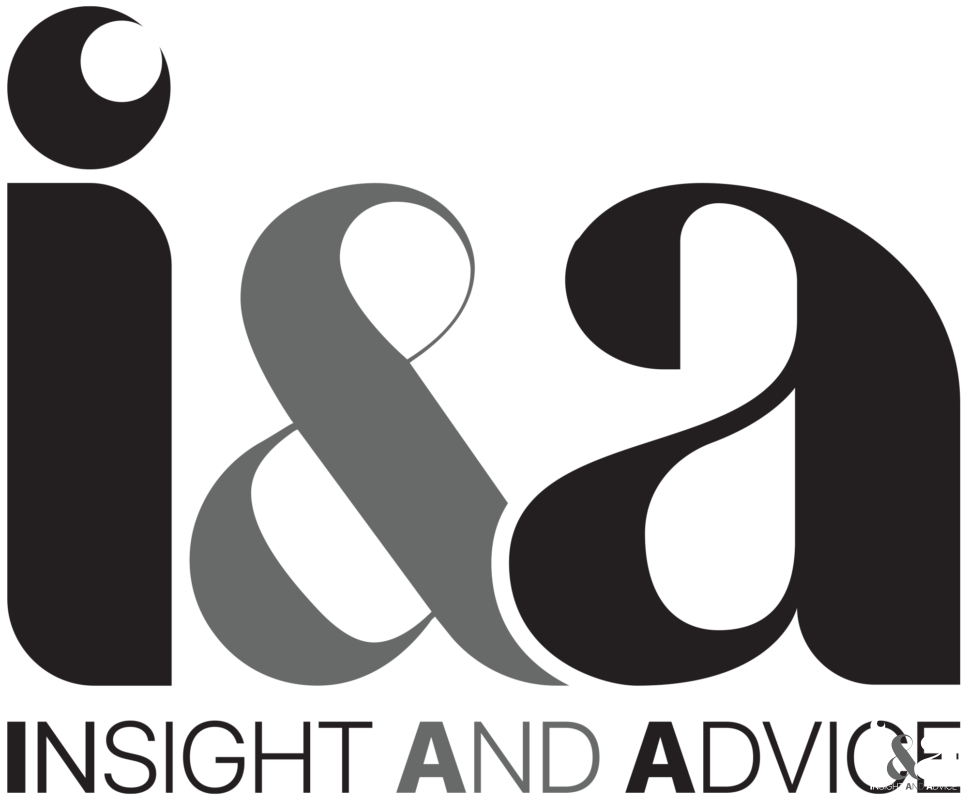The ability to decide what you are going to teach and how you are going to teach it is of course vital to any notion of real independence in the schools sector. The first wave of academies had total freedom over curriculum. However, over time this freedom, like many others, has been quietly eroded. In his inaugural speech to the House of Commons as Education Secretary, Ed Balls expressed a determination to reduce prescription and “let our professionals get on with the job in the classroom”.106Yet he also announced that all new academies would have to follow the National Curriculum in English, maths, science and ICT. This did not in fact mark a major shift for most academies, who do this anyway, but it suggested a gradual redrawing of the lines. It provided a more direct challenge, however, to schools such as Steiner, which have a radically different pedagogy. Steiner opened an academy in the first wave, but fear that the new rules could prove a significant impediment to opening another.

The Independent Academies Association (IAA) defined the importance of freedom over curriculum in its recent 2010 manifesto. It said: “Academies currently have the freedom…to develop the curriculum in response to local circumstances and to tailor it to the needs of their students. This approach allows a stronger vocational approach in some cases, or more time to address basic literacy and numeracy in others.” It is important to remember that independence over curriculum has been a key driver of innovation in both Sweden and the US. All schools in Sweden (both state and free schools) have considerably more pedagogical freedom than schools do in this country, following a very slim 17-page national curriculum that focuses on outcomes but not on content or pedagogy.
More: Support for better financial forecasting and management
In the US there is no national curriculum to follow, although curricula are prescribed to some extent by the content and nature of state standardised tests.
One subject that causes particular concern for academies is Personal Social Health and Economic education (known as PSHE). The Children, Schools and Families Bill, which is currently making its way through Parliament, makes the teaching of PSHE compulsory in academies at Key stages 3 and 4 (in other words all through secondary school until age 16).
Academies will now be under the same obligations as maintained schools, and must follow content prescribed by the Government. PSHE is a vivid illustration of the Government’s desire to use schools to fix all of society’s broader problems and represents another encroachment upon the notion of independence in academies. The bill specifies that PSHE will provide education on issues including alcohol and drugs, sex and relationships, nutrition and physical activity, personal finance and individual safety
Full PDF: https://www.policyexchange.org.uk/wp-content/uploads/2016/09/blocking-the-best-mar-10.pdf
